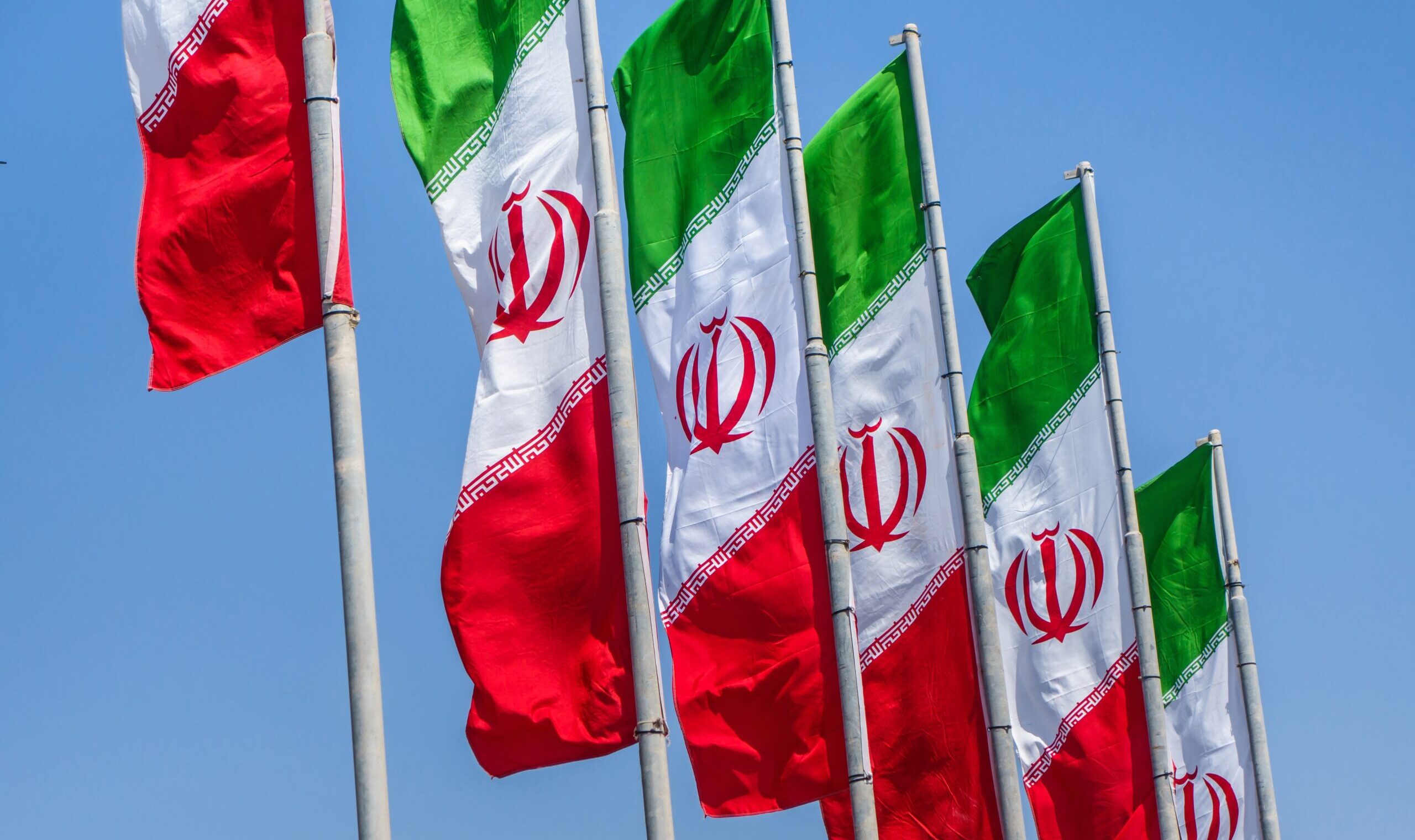When Macron Met Zarif—and Snubbed Trump?
The G7 summit of world leaders in the coastal French town of Biarritz last weekend has become the latest in a string of examples where U.S. officials issue contradictory statements that are at odds with President Donald Trump.
French President Emmanuel Macron invited Iran’s foreign minister, Javad Zarif, to Biarritz, where the two spoke on the “sidelines” of the summit, according to Zarif.
The meeting apparently blindsided the U.S., according to three American officials.
The former ambassador to the U.N., Nikki Haley, likely responding to reports that the invitation of Zarif had “upstaged,” “surprised,” and “caught off guard” the United States, blasted French President Emmanuel Macron on Sunday.
“This is completely disrespectful to @realDonaldTrump and the other leaders at the G7,” Haley tweeted. “Iran supports terrorism at every turn and continues to pursue ‘Death to America’. Manipulative of Macron to do this and very insincere.”
But then Donald Trump said he’d known that Zarif was flying in.
“I knew [Zarif] was coming in and I respected the fact that he was coming in. We’re looking to make Iran rich again, let them be rich, let them do well, if they want,” Trump told reporters Monday.
Trump stressed that he was not pursuing “regime change” in Iran, because “you’ve seen how that works over the last 20 years; that hasn’t been too good.”
“We’re looking to make Iran rich again,” he said. “Let them be rich, let them do well, if they want. Or they can be poor as can be. They can be like they are now.”
Zarif tweeted that he’d had “extensive talks” with the French finance minister “followed by a joint briefing for UK/Germany. Road ahead is difficult. But worth trying.”
The Trump administration’s policy on Iran has drawn criticism in the past for its mixed messages. Trump famously withdrew the U.S. from a nuclear deal made by his predecessor Barack Obama and other world powers in 2015 and reimposed sanctions on the Iranian economy.
Promising a campaign of “maximum pressure” against Iran, the U.S. also recently sanctioned Zarif personally. American officials have accused Iran of attacking oil tankers in the Strait of Hormuz, and requested that the British seize an Iranian oil tanker in the Mediterranean. In apparent retaliation, Iran seized a British oil tanker. The U.S. also considered retaliatory airstrikes after Iran downed an American surveillance drone. While the Iranian tanker has been released, the British ship is still being held.
Barbara Boland is The American Conservative’s foreign policy and national security reporter. Follow her on Twitter @BBatDC.
